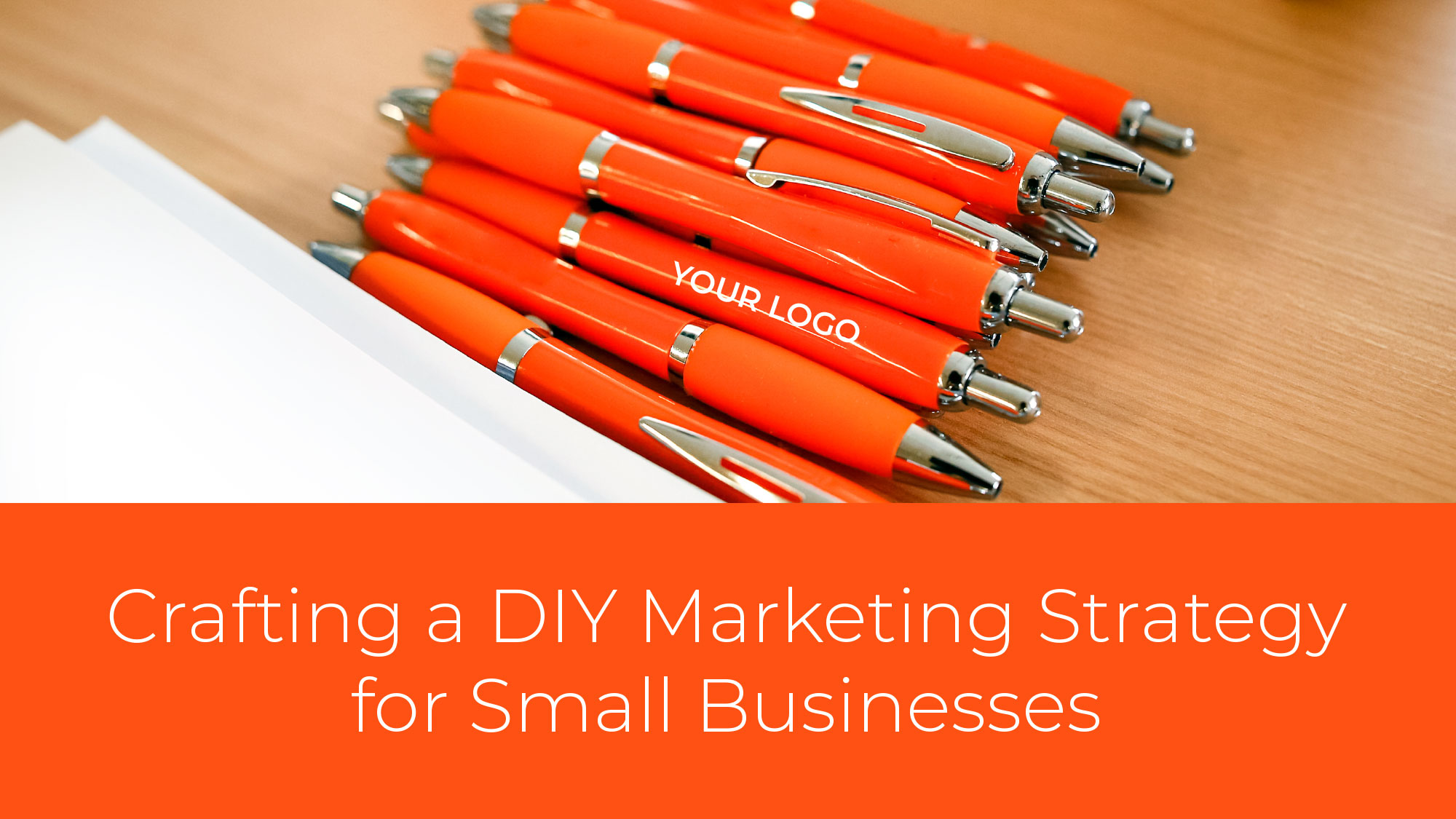In the ever-evolving landscape of business, marketing is the lifeblood that keeps your business thriving. However, for many small businesses, the prospect of hiring a marketing team or agency can seem a bit daunting. The good news is that with a little creativity, resourcefulness, and dedication, you can create an effective DIY marketing strategy that can help your small business flourish. In this blog post, we’ll guide you through the steps to approach a marketing strategy without access to a marketing team or agency.
1. Know Your Audience and align with your business strategy
The foundation of any successful marketing strategy is a deep understanding of your target audience and aligning all your marketing efforts with the goals set in your business strategy. Start by creating buyer personas, fictional representations of your ideal customers. What are their demographics, interests, pain points, and behaviours? The better you know your audience, the more effectively you can tailor your marketing efforts to their needs and preferences.
2. Set Clear and Achievable Goals
Define your marketing goals. Are you looking to increase brand awareness, generate leads to boost sales? Make sure your goals are specific, measurable, achievable, relevant, and time-bound (SMART). Having clear objectives will help you stay on track and measure your progress effectively.
3. Leverage Social Media
Social media platforms are a goldmine for small businesses. They provide a cost-effective way to engage with your audience and build a strong online presence. Choose the platforms that align with your audience’s preferences and start sharing valuable content, engaging with your followers, and running targeted ads if your budget allows. Your social media posts are for creating brand awareness, it is like erecting an outdoor billboard, many people will see it but might not phone right away. However, if your business needs to generate leads and boost sales, you need to have a paid advertising approach on Facebook/Instagram or Google, depending on the audience you are targeting. Having both brand awareness and lead generation efforts put into your business is a good mix to create authority in your industry.
4. Create Valuable Content
Content marketing is a powerful tool for reaching and engaging your audience. Write blog posts, create videos, or design infographics that provide value to your target audience. Address their pain points and answer their questions. Content can establish you as an industry authority and help build trust with your audience.
5. Email Marketing
Build an email list of interested customers and use it wisely. Send out newsletters, promotions, and updates to keep your audience informed and engaged. Tools like MailChimp or SendinBlue make it easy to manage your email marketing campaigns.
6. Optimise Your Website
Your website is often the first point of contact for potential customers. Ensure it’s well-designed, user-friendly, and optimised for search engines (SEO). Use tools like Google Analytics and Plugins like YoastSEO to guide your efforts and create understanding of your website’s performance and make data-driven improvements.
7. Collaborate with Influencers
If you have a limited marketing budget, partnering with influencers in your niche can be an effective way to reach a wider audience. Influencers can promote your products or services to their followers, increasing your brand’s visibility and credibility.
8. Networking and Community Engagement
Participate in local events, trade shows, and business associations. Building connections within your community can lead to partnerships and collaborations that benefit your small business.
9. Online Advertising
If your budget allows, consider using online advertising platforms like Google Ads or Facebook Ads. These tools allow you to target specific demographics and reach potential customers effectively. Remember, social media posts alone will not get feet in the door unless you have a large following and a very captive audience, combine it with paid ads.
10. Measure and Adapt
Regularly track the performance of your marketing efforts. Analyse the data to understand what’s working and what isn’t. Adjust your strategy as needed to optimise your results.
In conclusion, while not having access to a marketing team or agency might seem like a hurdle, it’s entirely possible for small businesses to create a successful DIY marketing strategy. It’s about understanding your audience, setting clear goals, and leveraging the right tools and tactics. With consistency and determination, you can make your mark in the competitive world of business. So roll up your sleeves and get started on crafting your DIY marketing strategy today!
